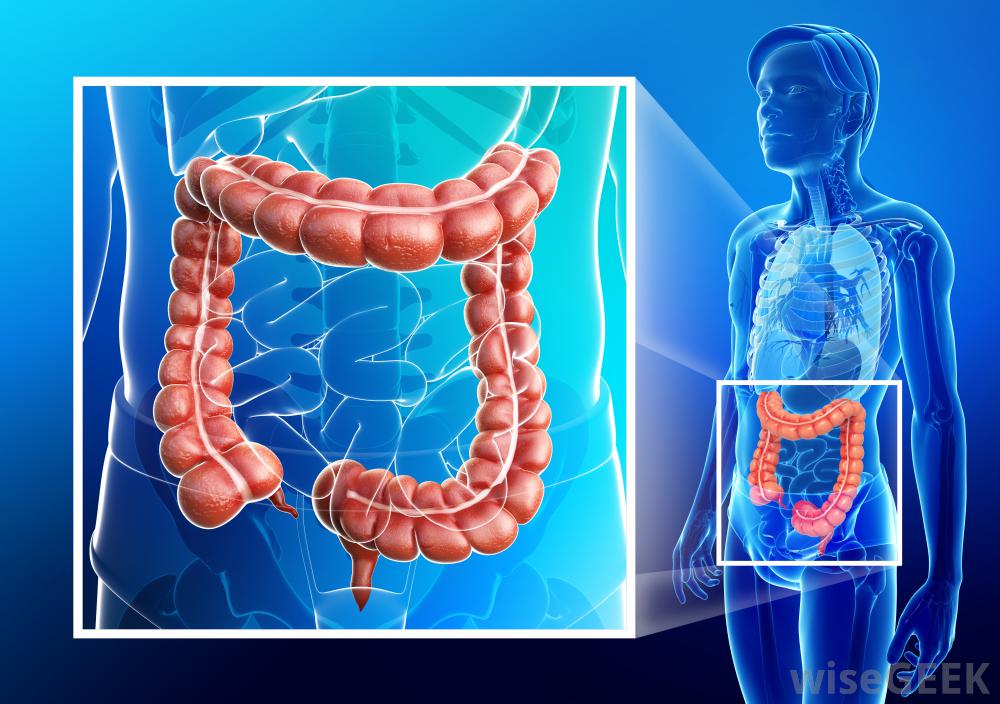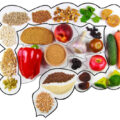What is Mucoid plaque?
Mucoid plaque is a pseudoscientific term used by some alternative medicine advocates to describe what is claimed to be a combination of harmful mucus-like material and food residue that they say coats the gastrointestinal tract of most people. Mucoid plaque can be a variety of colors: white, yellow, gray, greenish, tan, light or dark brown, black, most commonly blackish green. Mucoid plaque can range from stiff and hard to soft and more flexible. For some people, the herbs even liquefy the plaque and they release globs of mucus!
Are Mucoid plaque real?
Medical doctors deny any proof of the existence of mucoid plaque. There isn’t any evidence that the substance exists or that it causes problems with the elimination of waste. The intestines do produce mucus for lubrication, but this mucus is important for the functioning of the intestines and doesn’t develop into a sticky plaque. The lining of the intestines is an environment for good bacteria, but this microbiome isn’t a mucoid plaque as described by those who purport its existence. The gut microbiome is important to a healthy immune system.
How can it be removed?
While there isn’t sufficient medical research to recommend treating or removing mucoid plaque, many holistic providers recommend treatment. Always check that holistic providers are licensed in your state to be sure they are applying ethical approaches within practice guidelines.
Enemas are gaining popularity for the removal of mucoid plaque because they are believed to remove toxins from the colon. During an enema, a tube is placed in your rectum, and water and possibly other substances are flushed through the colon.
But there is insufficient evidence to recommend their use for anything other than constipation or in preparation for certain medical procedures, like a colonoscopy. There are dangers to frequent enemas including developing dependence on them to pass stool, and even perforation requiring surgery.
Other people use juice fasts and cleanse, like the Master Cleanse, to detox their bodies and cleanse the colon. Again, there is no scientific evidence to support the use of this method for the removal of mucoid plaque. It’s important to talk to your doctor before trying any of these treatments. They can help you determine if any of these treatments are right for you.
Are mucoid plaque cleanses safe?
Proponents of elective colon cleanses believe they are safe with the right provider. However, they can be risky. Cleanses can lead to dehydration and put you at risk for serious infections. They can also cause side effects, like nausea, headaches, bloating, and diarrhea.
How to keep your colon clean and healthy
When looking for ways to get and keep a healthy colon, these tips can be helpful. Following these detoxification suggestions may prolong your life by assisting with the risk-reduction of potentially preventable illnesses like Irritable Bowel Syndrome (IBS), diverticulosis, and colon cancer. In addition, they can promote an attrition of the discomforts of bloating, constipation, diarrhea, fatigue, and gas.
- Fiber
Fiber-rich food is a great choice for a healthy colon. Eating a good amount (about 25-35 grams daily) of high-fiber foods like raspberries, bananas, prunes, peas, broccoli, beans, celery, and whole-wheat pasta is a great start to cleanse the body. Other fiber-rich whole grains include brown rice, whole wheat, and whole-wheat breakfast cereals. Fiber keeps food waste moving along your digestive tract, which helps your intestines stay squeaky clean and can decrease your risk for diverticular disease. See Benefits of Millet
- Vitamin D
The American Journal of Clinical Nutrition says that a steady intake of Vitamin D is advantageous when trying to prevent colon cancer and maintain a healthy colon. You can get Vitamin D from a variety of sources including the sun (15-20 minutes of daily exposure is sufficient) and foods like bread, fatty fish, milk, and cereal. If your foods do not supply enough Vitamin D, taking a supplement may be warranted. Vitamin D may also help prevent osteoporosis.
- Don’t hold it
If you feel a bowel movement coming, head for the bathroom and let it go. If you try to hold it in, built-up fecal matter can release toxins into your body, which has the potential to cause diverticulosis and IBS. Regular bowel movements is one of the ways your colon keeps itself clean and healthy.
- Water
Inadequate hydration can lead to a buildup of toxins in the body. As those toxins accumulate, the risk for constipation, bloating, gas, IBS, and fatigue increases. If you’re trying to keep your colon healthy, try to drink eight-ounce glasses of water in a day to cleanse your body.
- Exercise
When you’re trying to keep your colon healthy, exercise is a huge part of the equation. By increasing blood flow and circulation through exercise, your colon (and entire gastrointestinal system) gets more oxygen. This may help ward off colon cancer and other diseases. Your fitness routine doesn’t need to be extreme. Stretching, doing yoga, or walking for 10-15 minutes a day is sufficient to help keep your colon healthy.
- Colonoscopies
Although a colonoscopy is by no means a fun experience, it’s essential in the prevention and early detection of colon cancer. For individuals over age 50, a colonoscopy is a necessary step in maintaining colon health. Also, ask your doctor about a colonoscopy if you are experiencing ongoing diarrhea or constipation, as these can be signs of colon and intestinal problems. A colonoscopy can aid in a proper diagnosis of your condition.
- Cleansing your colon
There are also natural ways to keep your colon clean. Pay a visit to your local alternative medicine center to learn about the colon-cleansing treatments they have to offer. Colon flushes are a popular procedure and are believed to wash out toxins and waste material that have become trapped in your colon. If you suffer from constipation, a colon flush can be the best way to regain regular bowel movements and restore your colon’s health. With a variety of special herb and mineral infusions available, colon flushes can be tailored to suit your unique needs. Although self-administered colon cleansing kits are available, you should seek advice from a health professional before attempting your first treatment.






